|
I have issues with heroes. Generally, I tolerate them. Sometimes I like them. Sometimes I hate them so passionately I start actively rooting for the bad guy, no matter how evil they are. But very rarely do I love them. Yet I find myself drawn to stories about heroes. I like high fantasy, I like stories about good and evil. I want there to be dramatic, end-of-the-world stakes. I like my stories with a hero in them, I just never like the hero I’m given. So, a few nights ago, after watching Avengers: Endgame, I was thinking about how Marvel has ten thousand heroes, and yet my favorite characters, are, unsurprisingly, Loki and Bucky. (I’m on the verge of liking Nebula, if they’d only give her a little more character development.) I like most of the heroes just fine, but I’m not always invested in their stories. I began to wonder why I had so much trouble with heroes. And then I thought about butterflies. I used to hate butterflies. I’d dodge whenever one tried to touch me. I shuddered to see one. My family always thought I was afraid of them, but it wasn’t fear, so much as a deep disgust. You’d think I’d want them dead, but no, just the opposite. I hated dead butterflies worse than live ones, and I’d always spot the dead ones, a single wing lying on the ground. I remember learning, as a kid, that a butterfly’s taste buds were on their toes and if they landed on you and you pulled your finger down too hard, their toes would rip off. I learned if you touched their wings, you’d rub off their scales and they couldn’t fly. I saw a nature documentary about a rainforest with a bird catching a blue morpho butterfly; the narrator explained that the bird had to rip off the wings before they ate them alive, and I covered my eyes. I remember going through a monarch migration and seeing butterflies smash the car window. I think I screamed. I hated butterflies because they were fragile. Because they died. I didn’t really hate them. I hated seeing them get hurt. And this logic translated to heroes. Maybe I didn’t hate heroes, per say. Maybe I loved them. Maybe what I hated was seeing them mistreated, misused, even mislabeled. So I thought about what heroes I really, really loved and connected to. My idea was to first, figure out what made a good hero using my own personal examples, and then to figure out why I hated the current platter of heroes being served to us. The results surprised me. As it turns out, I have ridiculously high standards. The Examples
I had two criteria for the heroes I was to use as examples. First, I had to passionately care about the characters. Second, they had to be an actual hero. I fed these qualifications into my brain, and my brain spat back two names: Samwise Gamgee (The Lord of the Rings: The Return of the King) and Bucky Barns (Captain America: Civil War). Really brain? That’s it? All the books and movies I read and watched, and you come up with two? Well, that’s what my brain said, so that’s what I went with. Sam, from The Lord of the Rings, was an obvious one to me. Not my favorite character in The Lord of the Rings, (that would be Gollum), but a close second, and the one who I’d most want to be. He begins as the loyal companion of the main character, Frodo Baggins, and stubbornly sticks by his side no matter what. He’s a small, plain hobbit with no grand talents, who comes across as a country bumpkin and is laughed at by the other characters. By the end of the book, he is fighting giant spiders, rescuing Frodo from an orc tower, and literally dragging a near-catatonic Frodo up the side of a volcano. There are many heroes in The Lord of the Rings, but if you were to ask me the one true hero, I’d say Sam without a thought or question. Now Bucky Barnes was a surprise to me, as I initially stuck him in the anti-hero category. He begins as a sidekick to Captain America in the first movie, fighting with him in World War II. By the second movie, he gets captured and brainwashed into becoming the Winter Soldier, working to instill fear via ruthless assassinations. By the third movie, he’s recovering and coping with guilt, before working with Captain America to take down other winter soldiers like him (which doesn’t really work out). I forgot about Bucky in the first movie, thought he was all right in the second movie, and loved him in the third movie. I sat down one day to analyze why, re-watching some clips from the previous movies, and I discovered, to my shock, that he was not actually an anti-hero. To me, an anti-hero has to choose to do what is selfish or evil instead of what is right in at least one dramatic, significant way. But Bucky never actually chose to be evil. His ruthless winter soldier persona was him at his most victimized: tortured and brainwashed to the point where he didn’t remember his own name. When I actually looked at his choices, he chose what was right every single time: fighting in World War II, following Captain America in his hunt for Red Skull, finding the other winter soldiers Hydra had programmed, and fighting in Infinity War. It was clear to me, he would have preferred to stay home and live a peaceful life, but he chose to fight because he believed it was necessary. Every single time he fought, it ended in a disaster: being captured and tortured, being captured and forced to become a winter soldier, losing his arm and nearly dying at the hands of Iron Man, getting “dusted.” Yet he kept choosing it. Which, in my opinion, was the actions of a hero. Yes, I thought of other heroes I liked: Iron Man, Thor, Katniss Everdeen, Luke Skywalker, etc.--but liking them and becoming incredibly invested to the point that I’d spend an hour or two analyzing their character arc is not the same thing. Those were the two that came to mind. Those were the two I was going to use. Comparing So, having chosen my two heroes, I began to compare what they had in common. I just wanted to create a quick list, without overthinking it. But right from the beginning, some of the things I came up with surprised me.
Contrasting After comparing the two positive examples, I decided to go through the list of negative examples and find every single “hero” trope that did not apply to them--especially the ones I hated. Here was my list.
So What’s It All Mean? Look, I already know that my definition of a hero will be controversial, as I’ve already eliminated the most iconic heroes by default. And I don’t wish to deny that they are heroic. If you put your life at risk to save another person, you are a hero. But, to me, a lot of these heroes are not “The Truest Hero.” They are not my archetype of what The Hero is. This is my archetype of The Hero. A hero is a person who chooses to fight for what is right, according to his or her personal (and largely correct) code of ethics and to the best of his or her knowledge. They must choose to fight the battle again and again, against personal preference and at great personal cost. They are humble. They are not out for glory, and glory does not typically come to them. They are virtuous, but their virtue is not exclaimed loudly for all to see. They try their best to do what is right and what is decent. In general, they prefer not to fight. However, when the cause is right, they will fight without a moment’s hesitation. They will put their lives at risk against impossible odds, not because it is logical, but because it is right, because they have compassion for the people (friend or otherwise) they are fighting for. Heroes must have a tremendous sense of bravery and fortitude. Heroes do not die quietly. They endure. Heroes fight for lives--including their own. Heroes are servants, not leaders. They cannot be leaders, because this would make them responsible for the lives of others. They cannot do impossible feats of bravery and adhere to the path of rightness if they, first and foremost, must consider the survival of those under their care. This would only compromise their ability to fight for what is right. They can form friendships of equals, and once the adventure is done, they can take on the mantel of leader or mentor—but at this point, they are no longer acting as The Hero. Heroes change. They change from one archetype to the next. They do not start off as heroes, and they do not, typically, end up as heroes. They change through the trials and obstacles they face, the greatest of which is “going through hell,” so to speak. “Hell” is anything which breaks the hero almost entirely. In spite of this, they go on. They get out of hell and emerge stronger and wiser than before. Going through hell does not corrupt their morals; to the contrary, it makes them more compassionate than before. Heroes are a surprise. No one is fated to be a hero. They are not endowed with great powers or a great bloodline that would mark them as special. No one tells them it is their destiny to do this or that great deed. No one holds them up as the gold standard for goodness. They are ordinary and decent people you wouldn’t glance at twice. They become heroes because they persist: they persist in courage, they persist in virtue, they persist in bravery. And this persistence is what makes them extraordinary. When the task is done, they tend to go home (if their home still exists), expecting to continue with their regular life as best they can. I really like my definition of a hero. It feels like anyone could be a hero. In contrast, heroes who are heaped with powers and glory and held up as ideals often strike me as circumspect—images of propaganda. We are expected to admire, nay, worship them. I hate this. True Heroes are not concerned with being the guiding light for all mankind, they are just trying to do an impossible job under trying circumstances--that’s all. Sometimes, I think I really want to be a hero. At the same time, it’s terrifying. You have to go through hell and survive. You have to adhere to a strict personal code without any kind of compensation. You have to be brave. I’m not any of those things. I’m, well, ordinary. But that’s the lesson of the Hero archetype. You just keep trying. Keep on living, keep on fighting, keep on doing what is right--and the transformation will come.
1 Comment
Don Lang
5/23/2019 01:02:26 pm
That is saying a lot. Something to think about. How will this influence your writing?
Reply
Leave a Reply. |
Rebecca LangWriter. Critic. Dreamer. Archives
January 2021
Categories
All
|
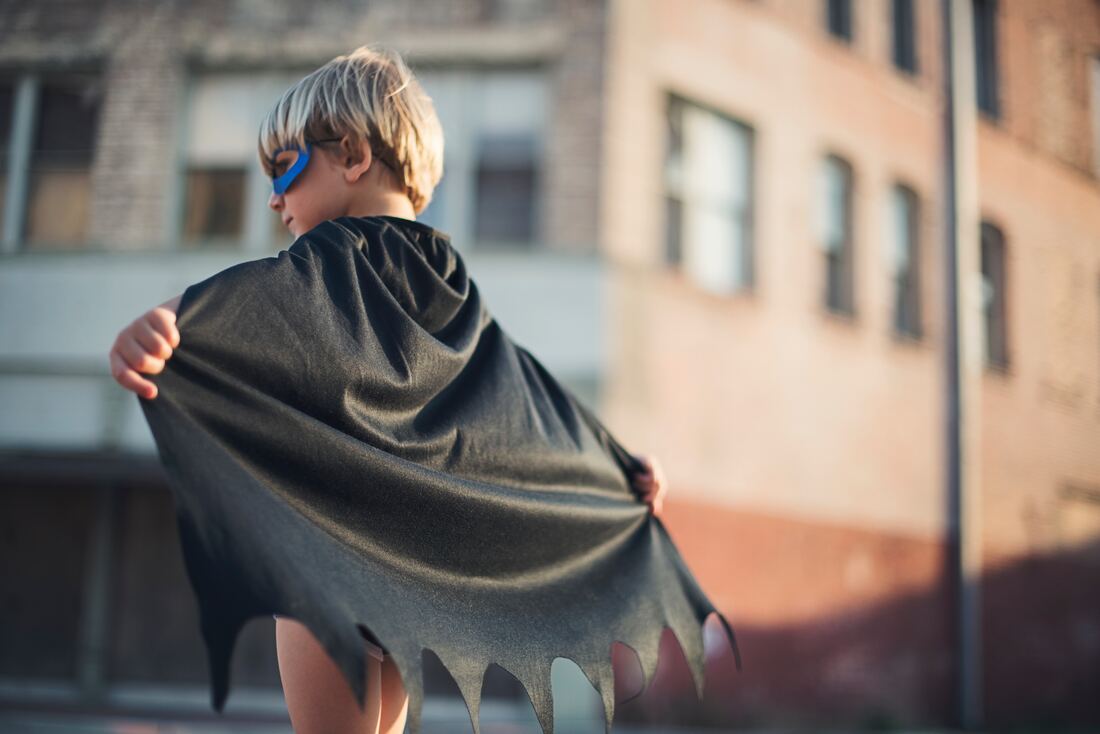
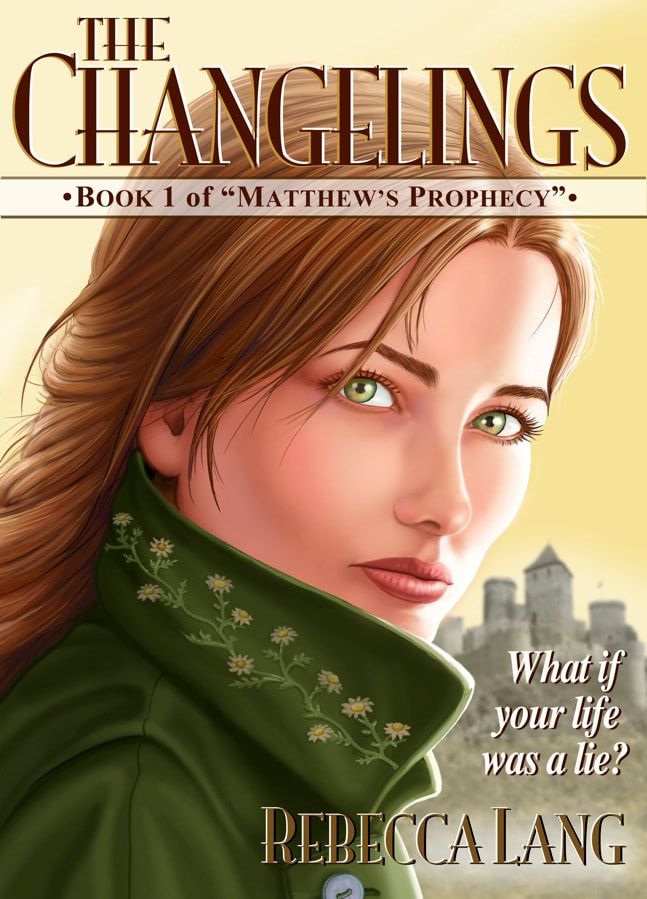
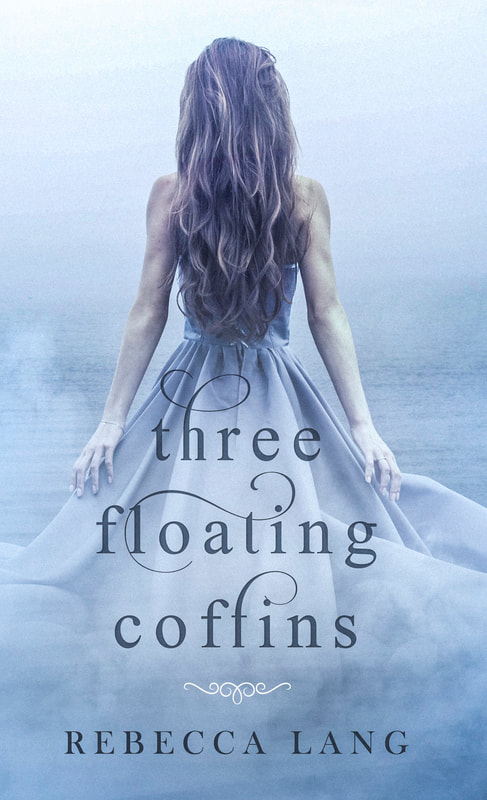
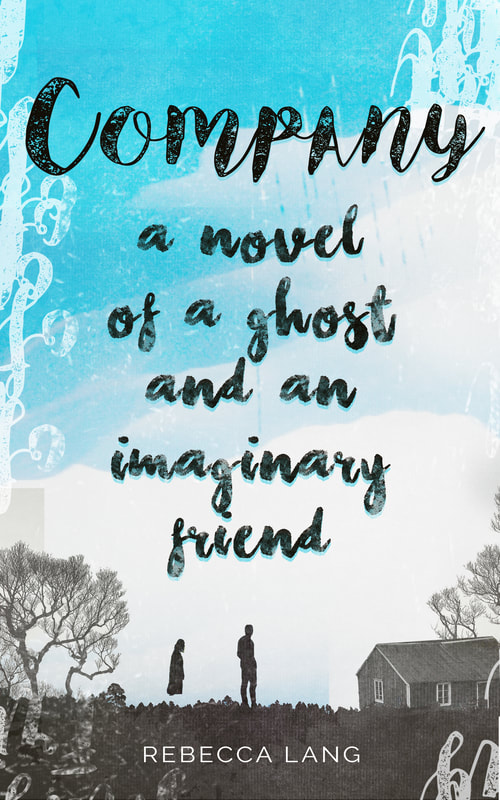
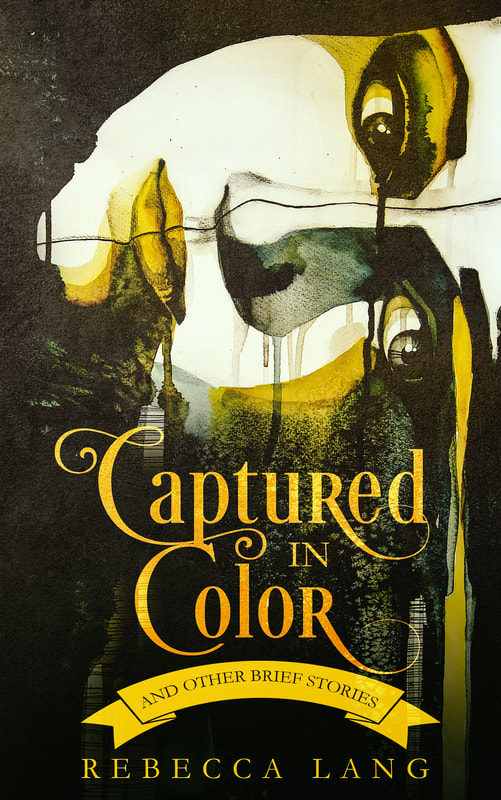
 RSS Feed
RSS Feed